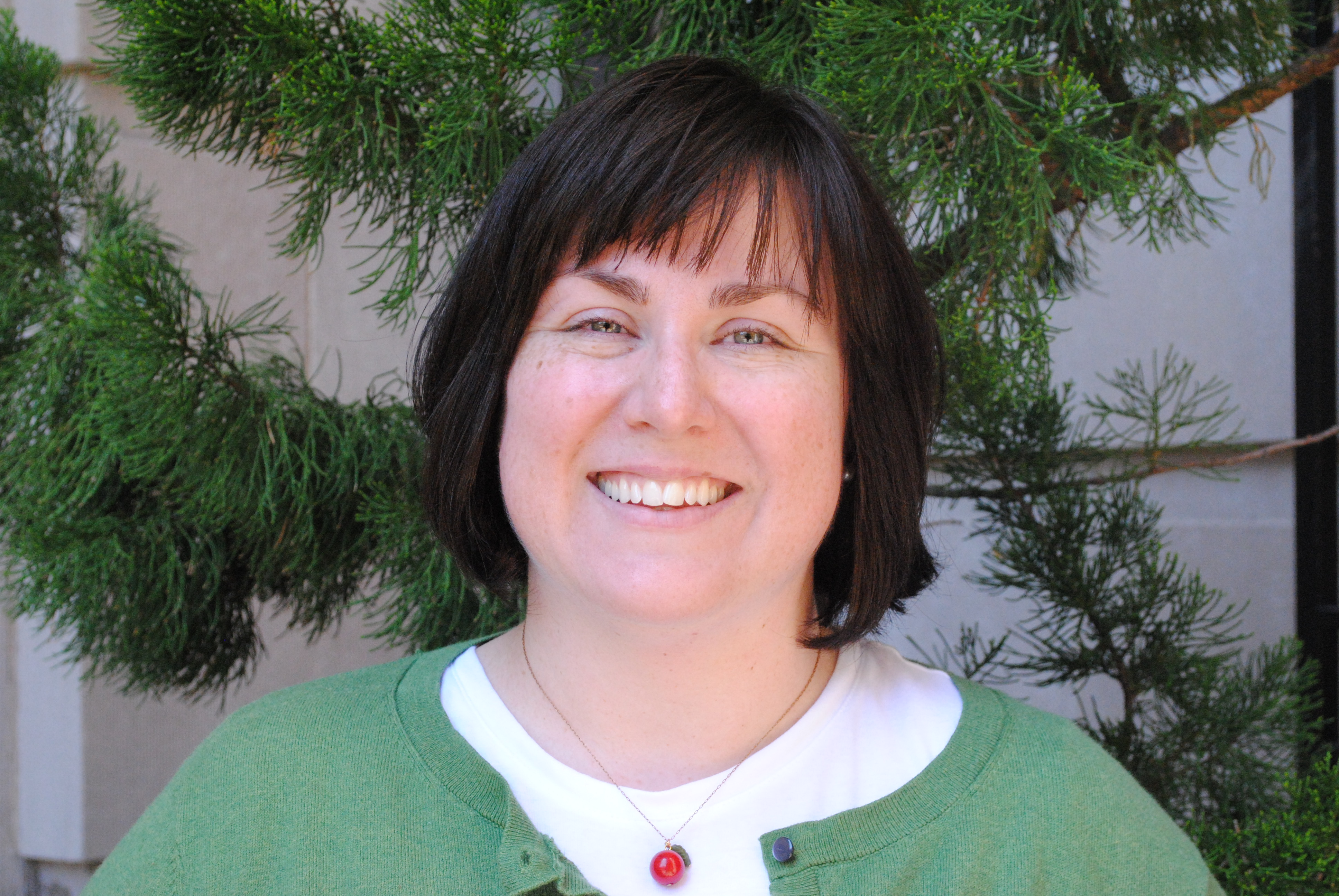
 Dr. Martin Luther King, Jr. challenged us to be responsible for one another, be engaged in our communities, and empower each other to create change. It is an honor to be recognized as a Champion of Change the week before millions of American’s honor Dr. King’s legacy on a national day of service and answer Dr. King’s question, “What are you doing for others?”
Dr. Martin Luther King, Jr. challenged us to be responsible for one another, be engaged in our communities, and empower each other to create change. It is an honor to be recognized as a Champion of Change the week before millions of American’s honor Dr. King’s legacy on a national day of service and answer Dr. King’s question, “What are you doing for others?”
Since The Campus Kitchens Project (CKP) committed to participating nationally in MLK Day of Service, thanks to funding from the Corporation for National and Community Service, we have helped organizations from California to Vermont pick up rakes, paint brushes, garbage bags and wooden spoons to create a lasting impact in their communities. Over three years, more than 11,000 volunteers have completed over 600 service projects on MLK Day to honor Dr. King’s legacy. Projects include resume building workshops for unemployed men and women, disaster relief in the face of tornado and wildfire damage, and creating a community garden that has gone on to provide fresh, organic produce for low income children.
But service is not something we should only do on a designated day in January. Every day student volunteers across the country come to work at a Campus Kitchen and help their neighbors in need. With the mission of using service as a tool to strengthen bodies, empower minds, and build communities, The Campus Kitchens Project (CKP) is a student-powered hunger relief organization hard at work on 31 high school and college campuses. We are working to evaluate community needs, promote access to healthy food, and most importantly, develop the next generation of leaders across the country.
Since 2001, CKP volunteers have recovered more that 2 million pounds of food from dining halls and employed idle kitchens to serve 250,000 meals annually. Volunteers deliver these meals to local agencies saving community organizations money and ensuring quality nutrition for clients. But meals are not all that a Campus Kitchen dishes up. Students act as mentors and tutor youth, provide nutrition education for families, cultivate community gardens and teach culinary job training classes for unemployed adults. Many Campus Kitchens have begun SNAP outreach programs to ensure those eligible are receiving benefits, others work with local farmer’s markets to promote the use of EBT cards to make fresh, local produce more available; and still other kitchens have established on-campus markets to promote sustainable food resources and economic development opportunities for local farmers. Student service is creating real impact on the economy, the environment and in the lives of those being served.
When we choose to serve one another we begin to cultivate a shared vision of what life could be like no matter the economic hardships, natural disasters, wars or hunger that we face. Service connects friends and neighbors and empowers both those serving and those being served to create lasting change in their lives and communities. Civil rights, economic and educational equality and service are the hallmarks of Dr. King’s life and legacy. I like to think Campus Kitchens strive to achieve those same values everyday and I am proud to represent them.
Maureen Roche serves as the director of The Campus Kitchens Project, the national program of DC Central Kitchen


